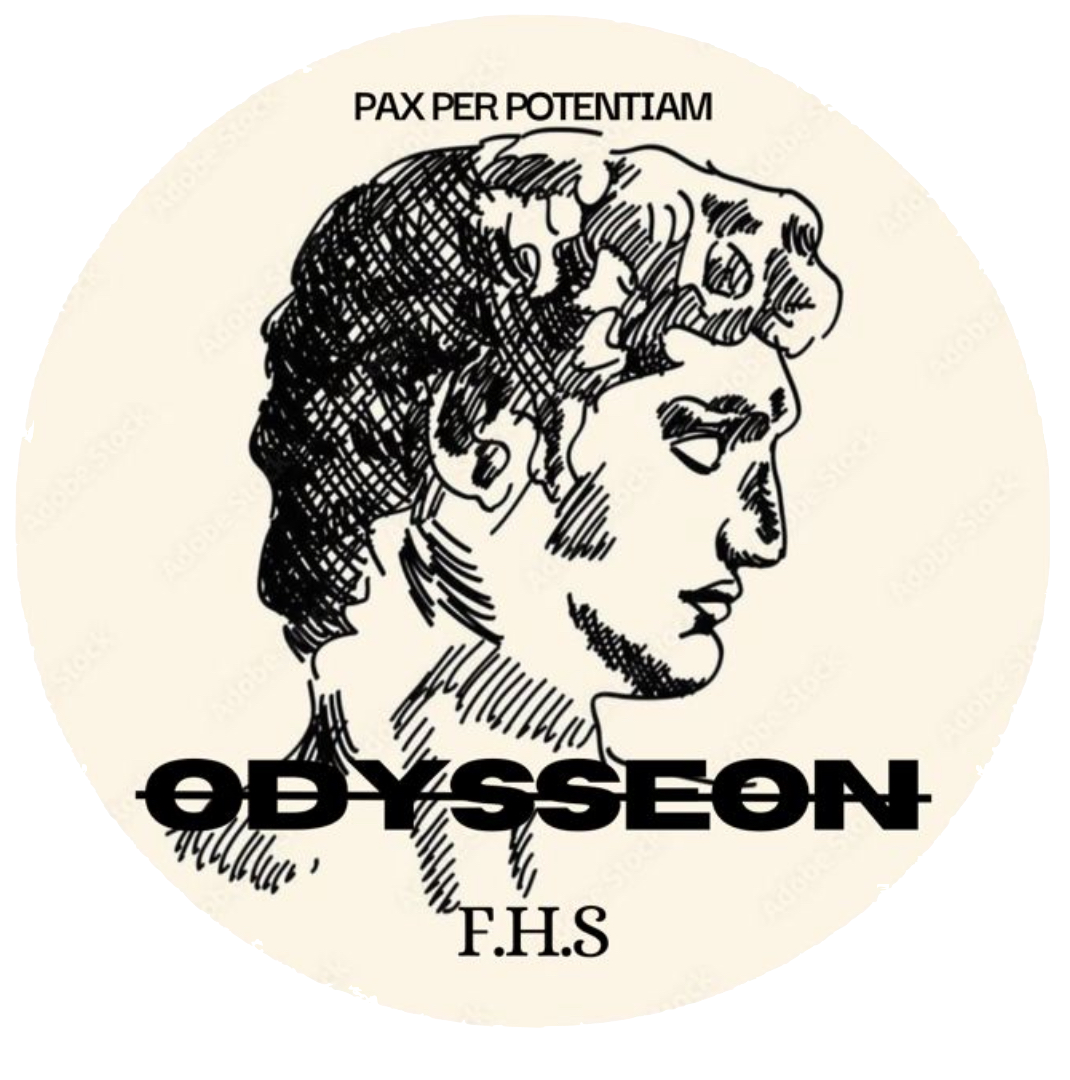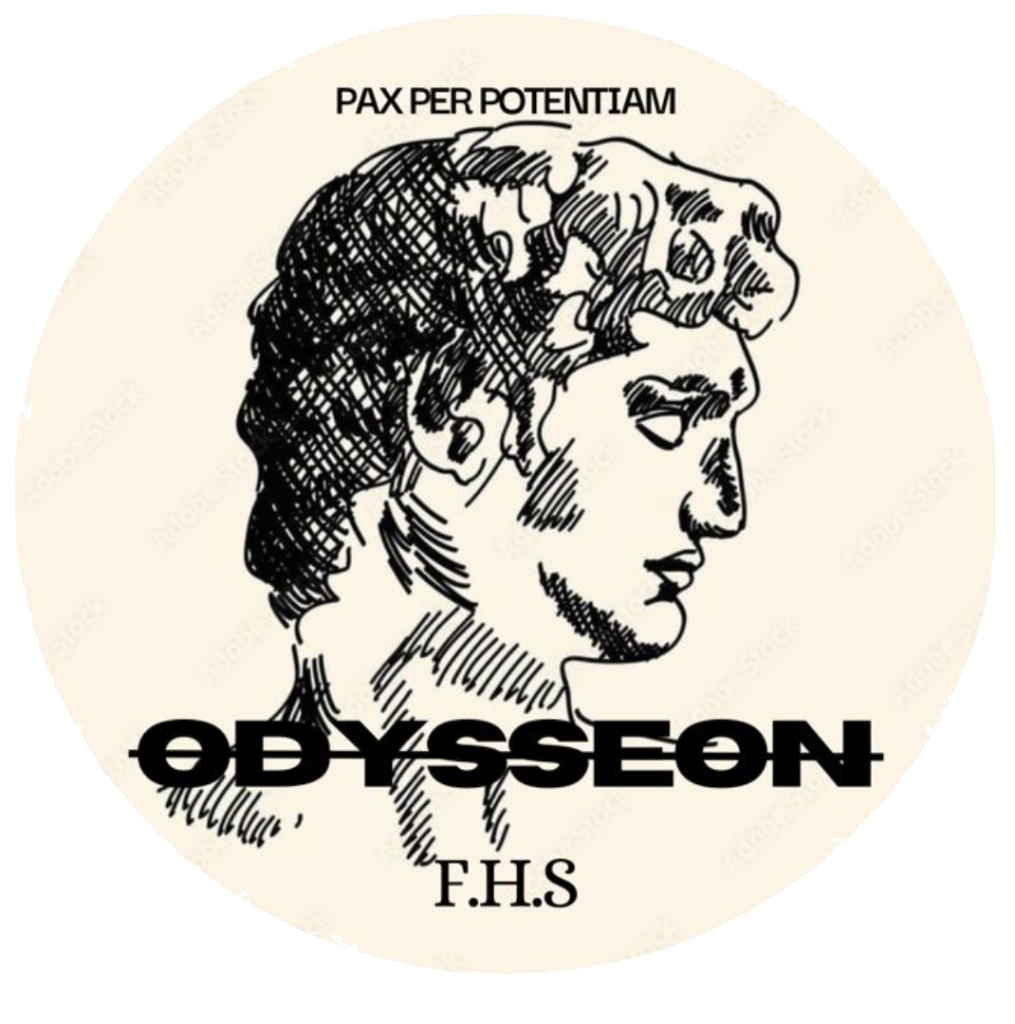A Founders Agreement and a Shareholders Agreement are both essential legal documents for your start-up. They govern the relationships and obligations among the founders and shareholders of a company. People often confuse the two, but there are some key differences. They serve different purposes and are typically created at various stages of your company’s life. There are other parties involved, and the focus of the two documents is different.
What is Founders Agreement
A Founders Agreement is a legal contract that governs the business relationships between the founding team. The founders sign it. A Founders Agreement should provide a framework for the relationship between the company’s founders, outlining their respective rights, obligations, responsibilities, and liabilities. It also provides a roadmap for decision-making and conflict resolution. A Founders Agreement aligns the founding team and ensures they understand their role in the venture.
What is a Shareholders Agreement
A Shareholders Agreement is a legal document that outlines the rights, responsibilities, and obligations of the shareholders of a company. It is usually longer and more complex than a Founders Agreement and is put in place typically at the time a start-up issues shares to external investors. A Shareholders Agreement provides a framework for the relationship between the company’s shareholders, as well as investor rights. It also provides for decision-making and conflict resolution.
Differences between the two documents
A Founders Agreement is typically agreed upon at the beginning of the start-up’s formation. A Shareholders Agreement is usually created when the company brings on external investors.
- The focus
A Founders Agreement focuses on the roles and responsibilities of the founders. It also sets out the equity allocation and who can decide what. It typically also addresses vesting and leaver arrangements for the founders. A Shareholders Agreement focuses on the relationship between the shareholders, including investors. It includes voting rights, restrictions on share transfers, and other governance matters.
- Content
Typically, a Founders Agreement may cover topics such as the company’s vision and mission, the roles and responsibilities of the founders, the division of equity and ownership, vesting schedules for shares, and intellectual property ownership. A Shareholders Agreement may cover voting rights, share transfer restrictions, shareholder obligations, dividend policies, dispute resolution procedures, etc.
The key elements of both Founders Agreements and Shareholders Agreements may vary depending on the specific circumstances and needs of the company. There might be overlaps between the two documents, but the difference can be found in the main elements of each.


